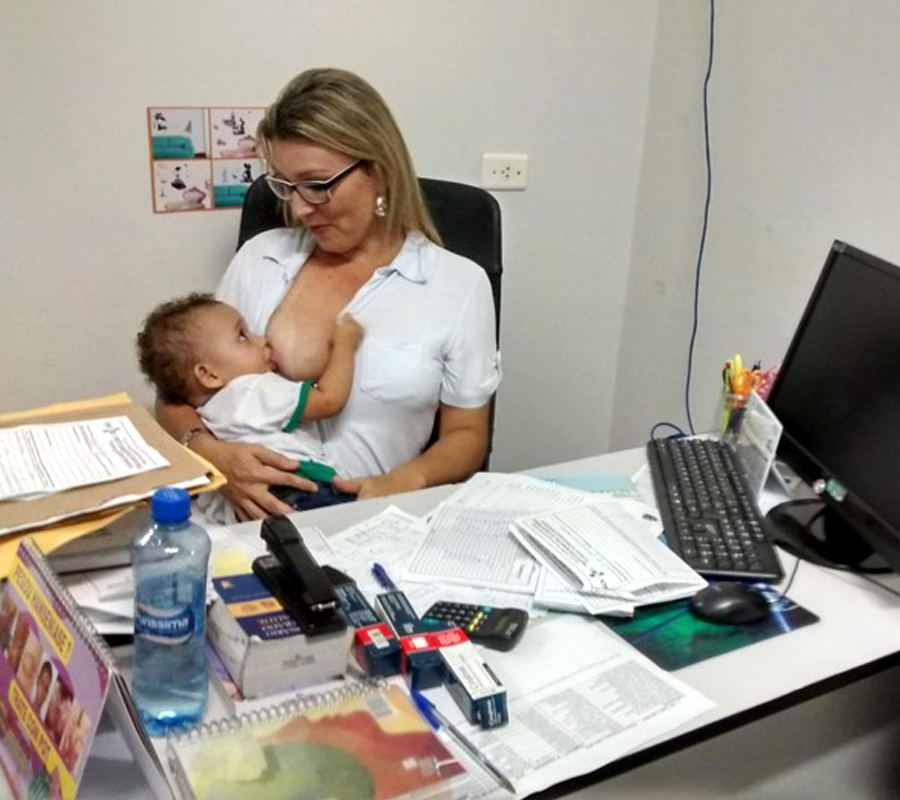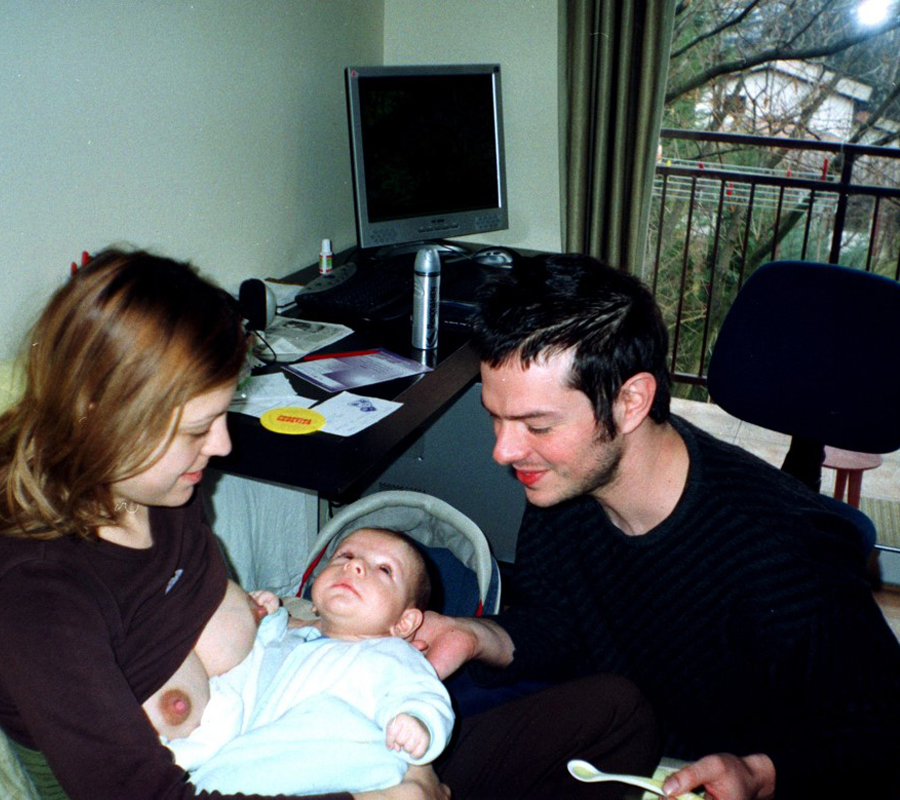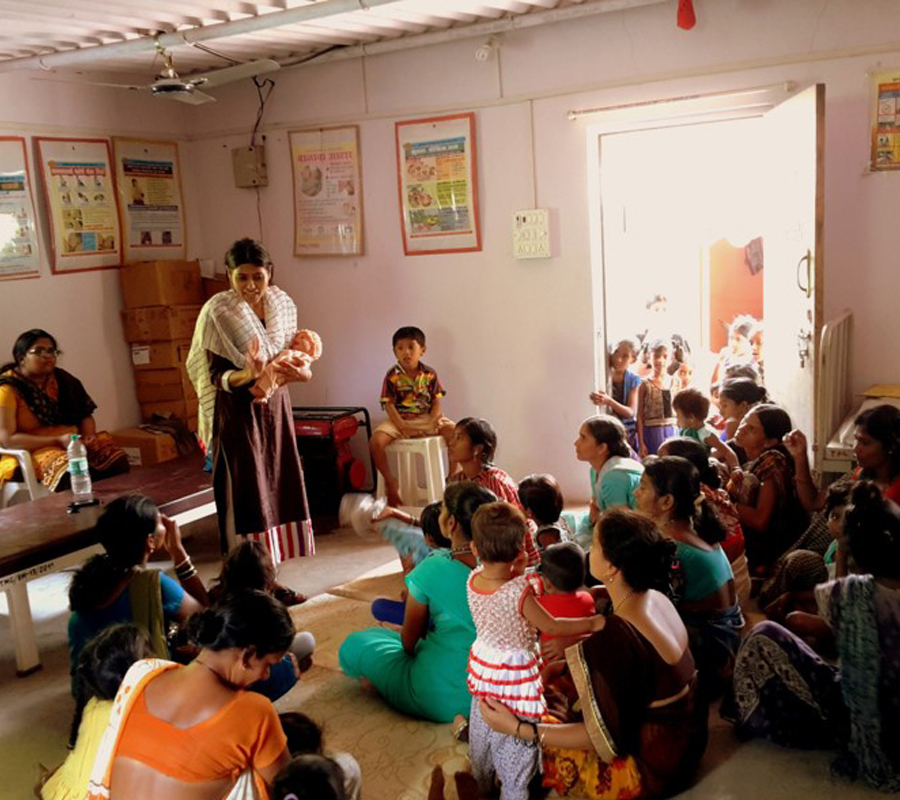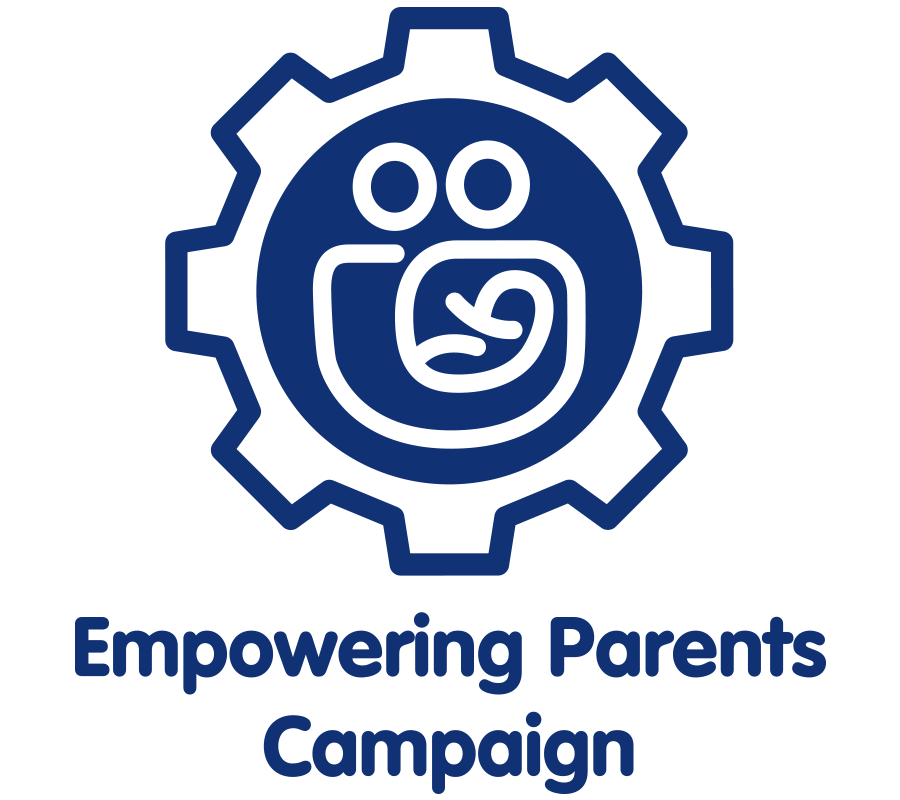The Empowering Parents Campaign promotes social protection that will facilitate the integration of parents’ productive and reproductive work in both formal and informal settings.
Empowering Parents Campaign
(EPC)
Evolution of the Campaign
The fourth Innocenti target calls for legislation protecting the breastfeeding rights of working women. In 1993, the “Mother Friendly Workplace Initiative” was the theme for World Breastfeeding Week. The WABA Maternity Protection Coalition and Global Unions collaborated in the revision of the 2000 ILO Maternity Protection instruments. The instruments (Convention 183 and Recommendation 191) and the launch of the 2002 WHO/UNICEF Global Strategy on Infant and Young Child Feeding anchored breastfeeding in the context of women’s work. The 2015 WABA/UNICEF Stockholm Symposium “Contemporary solutions to an age-old challenge: Breastfeeding and Work” led to the Framework for Action and subsequently the Empowering Parents Campaign.
Objectives
PROTECT
gender equitable workplace policies and conditions
PROMOTE
parent-friendly and equitable values, social norms and practices
SUPPORT
gender equitable policies and legislation at all levels
Parents at Work: Leave & Breastfeeding Breaks by Country
Advocate using this tool containing information on nationally mandated leave (maternity, paternity and parental), breastfeeding breaks, and the provider of these benefits in 195 countries.
Impact

Ensures parental social protection in line with international labour standards

Promotes enabling workplace conditions and sharing of care and domestic responsibilities

Normalises supportive behaviours and attitudes at the home and the workplace
Facts and Figures

Globally, more than 800 million women workers still do not have adequate maternity protection and take up rates among men of parental leave are low.

We will only achieve full equality for women in the workplace if men and boys do their share of care work.



